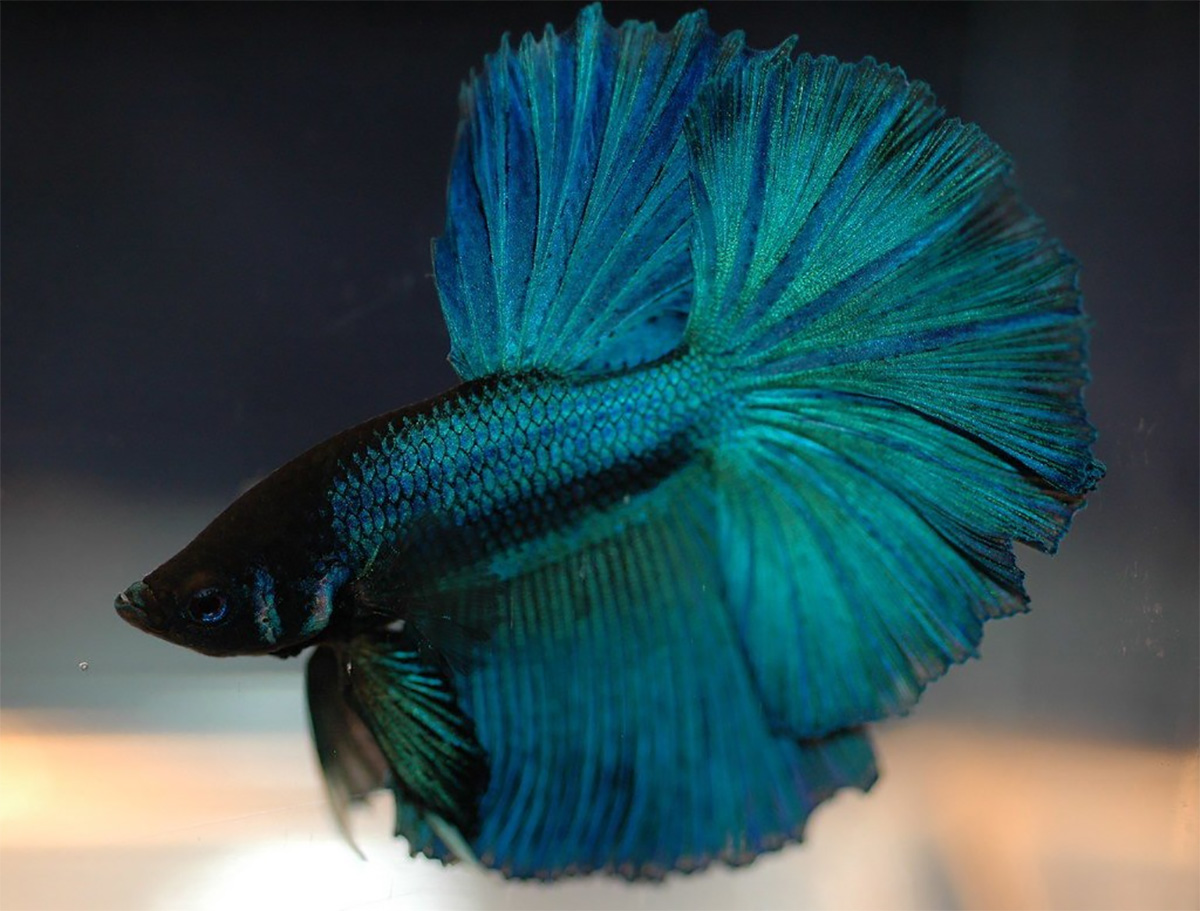There are some signs of stress in your betta fish, but how can you tell if your betta is in distress? To tell if your Betta is stressed, read on to learn about common treatments for stressed betta fish. In this article, we will also explore some of the body language your stressed betta may display. To prevent stress in your betta, keep these signs in mind:
Symptoms of stress in betta fish
One of the most common symptoms of stress in bettas is lack of appetite. Since bettas are so gutsy, they may appear constipated or depressed. The absence of appetite may also be accompanied by other symptoms of stress, including depression. Here are some signs to watch out for. Listed below are just a few of the most common ones. Here are some things you can do to help your betta get back on track.
Your fish may show signs of stress by twitching its fins and rubbing against rocks or gravel in the tank. They may even start to turn white or completely lack color. You should see a vet if you notice these symptoms in your fish. Stress can also lead to diseases and visible ailments. Regardless of what the cause is, it is imperative to identify and treat these symptoms immediately. And don’t forget to check for any other physical signs.
Your betta’s swimming habits can also be an indicator of its overall health. A stressed betta may swim frantically, rub itself against rocks, crash its head against the bottom of the tank, or lock its fins on the sides of its body. It may even start gasping at the water’s surface. This is a sign that he is unhappy. This may also indicate that he is lacking in oxygen.
In addition to the above physical signs, a stressed betta will act differently from its usual self. He or she may appear dull and lack energy. It might even start forming stress strips on its body, which are visible when you examine it closely. These stripes are caused by the release of stress hormones. The first step in treating your betta’s stress is to find out the cause of the stress.
Aside from using a slow flow filter, you should also use live plants when possible. Live plants are better for your betta’s health than fake plants, as they don’t leach paint into the water. You can also purchase medications to treat specific symptoms of stress. Betta fish can also experience secondary infections if they are under a lot of stress. It is important to know the causes of stress in betta fish before you introduce them to your home tank.
In addition to dropping their weight, your betta may also suffer from diseases that cause dropsy. If left untreated, these illnesses can cause serious damage to your fish, including death. For this reason, it is vital to know about common illnesses in bettas to prevent the onset of disease in your betta. In most cases, these can be easily avoided by reducing the sources of stress in your betta’s life.
Common ways to treat a stressed betta
Stressed bettas often show a number of tell-tale signs. Not only do they display unusual swimming behavior, they can also rub their bodies against rocks or crash to the bottom of the tank. Their fins may also lock at the sides and they may even gasp at the surface of the water. Here are a few common ways to treat a stressed betta fish. You can treat your fish right away and prevent it from becoming ill.
One of the most common causes of a stressed betta fish is the presence of an unsuitable tankmate. Adding a fin-nipping tankmate or two males to your betta’s tank will trigger stress in your betta. You should move it to a separate tank if it starts to attack other fish. In addition, be sure to provide your betta with plenty of hiding places, which will help it relax.
Another cause of betta stress is poor tank environment. Bettas need plenty of space to swim around their tank and can become aggressive if they are not getting the attention they need. This aggression can take on a variety of forms, including biting, snatching, and snapping. Because bettas are territorial, a small tank will result in a dirty and unhealthy betta.
A stress-striped betta is a sign of high stress in your betta’s life. This stress-stripe pattern will run the entire length of the fish’s body and have a horizontal slash or two on either side of the betta’s head. Having a stressed betta will result in a shortened lifespan, lack of color, and decreased health.
A change in atmosphere can also lead to a betta’s diet being affected. This can happen for a variety of reasons, including a slow metabolism or a specific disease. Sometimes a betta will eat but will be unable to stay active or interest in eating. In such a case, leaving the betta to fend for itself will result in a lot of waste.
In addition to stress-related behavior, bettas can be affected by poor tank conditions. Lack of space or hiding places, high water flow, or incorrect tank conditions can all lead to poor health. Taking proper care of your betta can prevent it from suffering. In addition, proper tank mates are essential for preventing stress. Keeping your betta in a tranquil and calm tank will help them live longer.
Stress-related physical symptoms include heavy breathing and gagging. The fish may also rub its fins against rocks or gravel. If you see one of these signs, see a vet right away. A veterinarian can diagnose the exact cause of your fish’s stress. They can give you an effective treatment plan and recommend the right course of action. It is best to consult with a veterinary professional before treating your betta fish.
Body language of a stressed betta fish
One of the first signs of a stressed betta fish is lethargy. If the betta fish is not swimming, it is probably stressed. Other signs of stress include a lack of energy and aggression. Bettas also tend to flare at their females, which is a sign that they are excited about a new mate. Fortunately, once they’ve accepted their new male, they will stop flaring and become submissive.
Bettas are normally very calm creatures, but this behavior can be a sign of stress. They may snap at the tank mate or bite objects in the tank. If you notice your bettas’ skin getting dry or flaky, it’s a good sign that something is causing stress. In addition, skittish swimming can be a sign of stress. Some fish may hide in their tank or clamp their fins.
Bettas may also exhibit stress stripes, which are thin white lines separating the body from the head. While these lines don’t always appear to indicate stress, they are the perfect way to identify a stressed betta. If you can’t spot them, you should give the betta a break and try something else. If you see stress stripes on your betta, make sure you remove the source of the stress before it becomes worse.
Observing the betta’s fins is another clue that it’s stressed. Clamping their fins indicates a high level of stress, and it’s an indicator that bettas are in some trouble. Stressed fish can develop swim bladder disease, which is painful and debilitating for bettas. When the fish feels threatened or abused, it may also show a red tail.
Some of the other signs of stress in a betta fish include glass surfing. If a betta is banging into the tank, it might have parasites or be experiencing stress. Too much ammonia in the tank may also cause stress and irritate the betta, which could result in ammonia poisoning. The following behaviors are also a sign that a betta is stressed.
During stressful times, a betta fish will become less active and less interested in life. The breathing patterns of a stressed betta fish will change as well. Sometimes, the betta will stop breathing for long periods of time. The betta’s breathing will also become shallow. Make sure to give your betta plenty of space in its aquarium and food. You’ll notice a drastic change in your betta when your betta is stressed.
If your betta’s diet is not complete, it may be a sign of boredom. When this happens, your betta fish may begin to evade eating. Try introducing live foods slowly, or else you could end up killing your betta. When introducing a new betta into the same tank, be sure to be careful and observe any changes in behavior. You may need to supplement its diet or add a tank additive.

